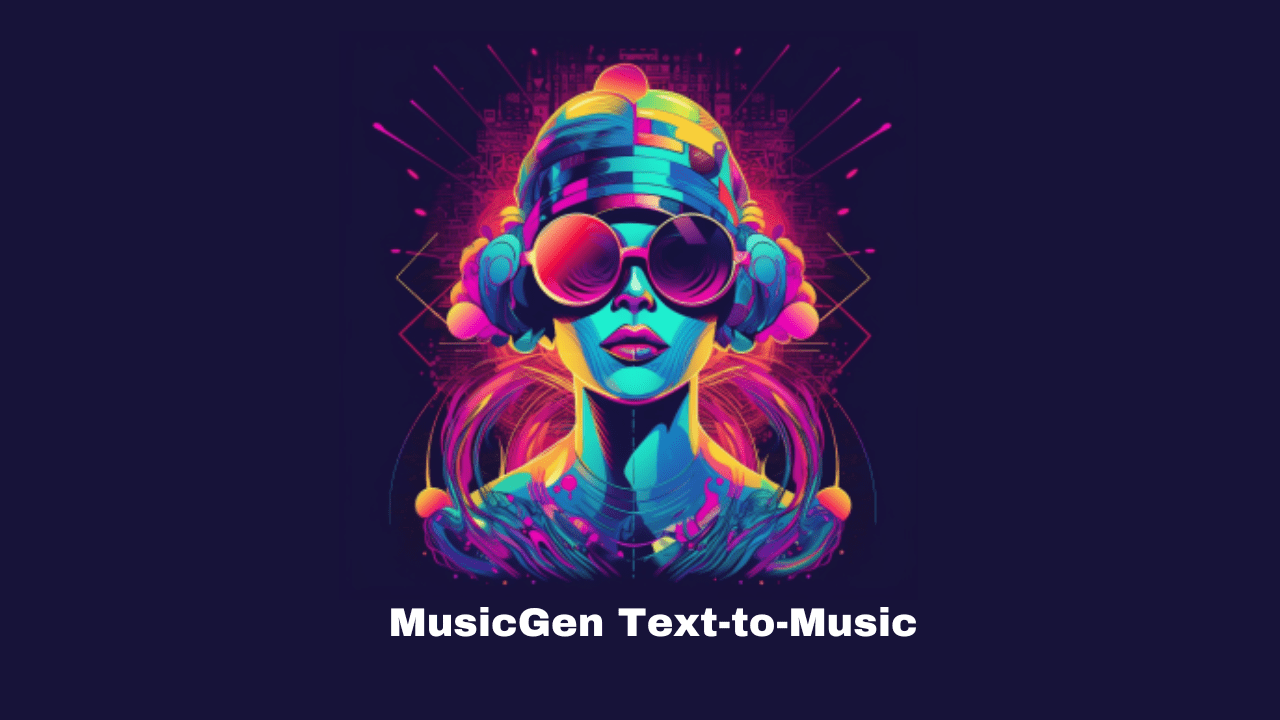In recent years, the world of gaming has embraced numerous technological advancements, and one of the most captivating developments is AI-generated music. Artificial Intelligence (AI) has made significant strides in various industries, and now it is revolutionizing the gaming experience. This article aims to explore the role of AI-generated music in games, its impact on the gaming industry, and its potential for future developments.
The Rise of AI-generated Music
Traditionally, music in games is composed by talented musicians and sound designers who carefully craft a tailored auditory experience. However, with the advent of AI technology, the process of creating music for games has seen a transformation. AI algorithms can now generate original compositions through intricate analysis and understanding of existing musical patterns.
AI-generated music in games offers several remarkable advantages. Firstly, it reduces production costs compared to hiring composers, making it an attractive option for indie game developers or smaller studios with limited budgets. Additionally, AI-generated music can adapt dynamically to in-game events, creating an immersive and interactive experience for players.
The Impact of AI-generated Music in Games
The impact of AI-generated music in games goes beyond providing a cost-effective solution. It enables game developers to experiment with diverse musical styles, genres, and moods without limitations. With AI’s ability to analyze data and understand player behavior, it becomes possible to develop soundtracks that cater precisely to individual player preferences.
Furthermore, AI-generated music increases replayability. By dynamically altering the game’s musical accompaniment based on the player’s actions, AI can create unique experiences for each playthrough. This enhances the overall gaming experience and contributes to the longevity of the game.
The Potential for Future Developments
The utilization of AI-generated music in games is just scratching the surface of its potential. As AI continues to advance, we can anticipate even more sophisticated algorithms capable of composing intricate and emotionally complex soundtracks. Imagine a game that can analyze your emotions in real-time and adjust the music accordingly, enhancing emotional immersion and intensity.
Moreover, AI-generated music can be integrated further with virtual reality (VR) and augmented reality (AR) technologies. Imagine exploring a virtual world where every corner emits a unique musical atmosphere, tailored to the specific virtual environment and your interactions within it.
Additionally, AI-generated music can also have a social component. Players could potentially collaborate with AI algorithms to create personalized soundtracks, allowing them to be part of the composition process. This not only empowers players but also creates a sense of ownership and connection with the game.
Conclusion
AI-generated music in games has emerged as a game-changer for the industry, offering cost-effective solutions, personalized experiences, and increased replayability. As AI technology advances, the possibilities for creating emotionally immersive soundtracks are seemingly boundless. With the potential for integration with VR, AR, and player collaboration, the future of AI-generated music in games is both exciting and promising.


